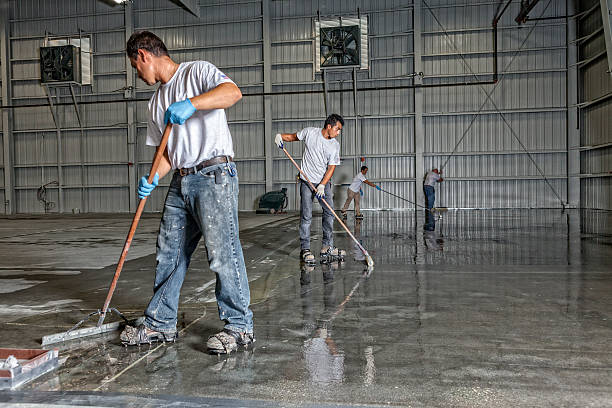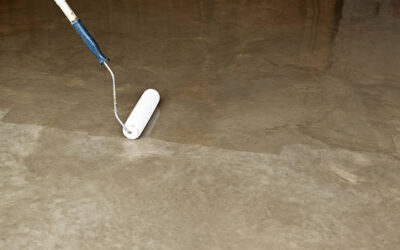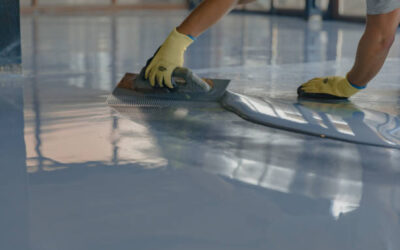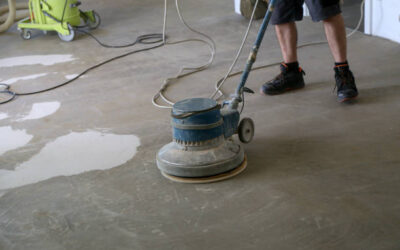Epoxy flooring is a popular choice for homeowners and businesses alike. It is a durable and long-lasting flooring option known for its strength and resistance to wear and tear. Epoxy flooring is made up of a mixture of resin and hardener, which is applied to a concrete surface and then allowed to cure. Once cured, the flooring becomes a hard and glossy surface that is easy to clean and resistant to chemicals and stains.
The composition of epoxy flooring makes it an excellent choice for high-traffic areas, such as garages, warehouses, and industrial spaces. It can withstand heavy machinery and foot traffic without showing wear and tear. Additionally, epoxy flooring is customizable, with a variety of colors and finishes available to suit any decor. Whether looking for a sleek and modern look or a more traditional style, epoxy flooring can be tailored to meet your needs.
The Composition of Epoxy Flooring
Epoxy flooring is durable and long-lasting due to a combination of resin and hardener. The resin acts as a base while a hardener reacts to create a tough surface. When these two materials are combined, they form an incredibly strong chemical bond resistant to wear and tear.
Epoxy flooring is also known for its ability to withstand a variety of environmental factors, including moisture and chemicals. This is because the resin used in epoxy flooring is non-porous, meaning it doesn’t absorb water or other liquids. Additionally, the hardener used in epoxy flooring is resistant to chemicals, so it won’t break down or weaken when exposed to harsh substances. Overall, the composition of epoxy flooring makes it an ideal choice for a wide range of commercial and industrial applications where durability and longevity are key factors.
Benefits of Epoxy Flooring
Epoxy flooring is an excellent choice for high-traffic areas in industrial and commercial settings. Its durability is unmatched, making it a reliable option for areas with lots of activity and movement. The combination of resins and hardeners used to make epoxy flooring creates a seamless and tough surface resistant to damage from chemicals, water, and other substances.
So whether you’re looking for a flooring solution that can handle the heavy foot traffic of a busy business or want a low-maintenance option for your home, epoxy flooring is worth considering. Give it a try and see why so many people choose it for their flooring needs!
Types of Epoxy Flooring
Get ready to explore various options of epoxy floors to beautify your space with their unique texture and design. Epoxy flooring offers a variety of types to choose from, each with its advantages and disadvantages. Here are some of the most common types of epoxy flooring:
- Self-leveling epoxy floors: As the name suggests, this type of epoxy flooring is self-leveling, meaning it can easily spread and level itself out on the surface. This makes it perfect for floors that have imperfections or uneven surfaces. Self-leveling epoxy floors are also easy to clean and maintain, making them ideal for high-traffic areas such as commercial spaces.
- Epoxy mortar floors: Epoxy mortar floors are a thicker type of epoxy flooring perfect for areas that must withstand heavy loads or impact. This type of flooring is commonly used in industrial settings, such as warehouses or factories. Epoxy mortar floors are highly durable and resistant to abrasions, making them an excellent option for areas with heavy foot traffic or machinery.









0 Comments